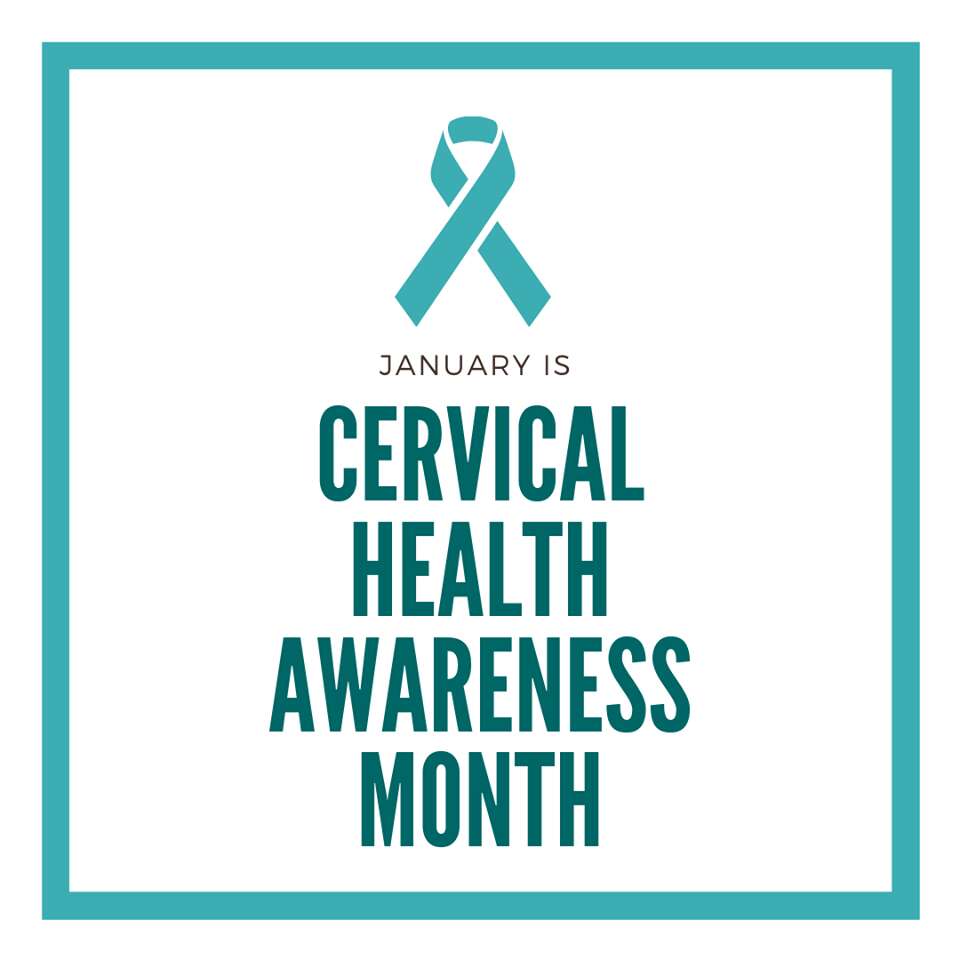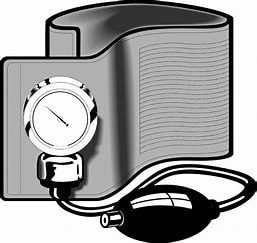Prediabetes
Staying Healthy:
Understanding Prediabetes Screening
Have you ever wondered if your body’s engine is running smoothly or if it needs a tune-up? Just like your car’s “check-engine” light, prediabetes serves as a crucial warning sign, alerting us to potential health risks down the road.
But here’s the good news: with the right knowledge and proactive steps, you can steer clear of diabetes and its complications.
Screening for Prediabetes: Your Roadmap to Health
At our Direct Primary Care clinic, we prioritize early detection and prevention. Screening for prediabetes involves simple yet effective tests that provide valuable insights into your metabolic health. Here’s what you need to know:
Fasting Glucose Test: This test measures your blood sugar levels after a period of fasting. Prediabetes is indicated by a glucose level between 100-125 mg/dL, while diabetes is diagnosed at 126 mg/dL or higher.
Hemoglobin A1C Test: Unlike the fasting glucose test, the A1C test offers a broader view of your blood sugar control over the past three months. A result between 5.7 percent to 6.4 percent suggests prediabetes, while 6.5 percent or higher indicates diabetes.

Empower Yourself with Knowledge
Understanding your prediabetes status is the first step towards taking control of your health journey. Armed with this knowledge, you can make informed decisions and implement positive changes to prevent the progression to diabetes.


















